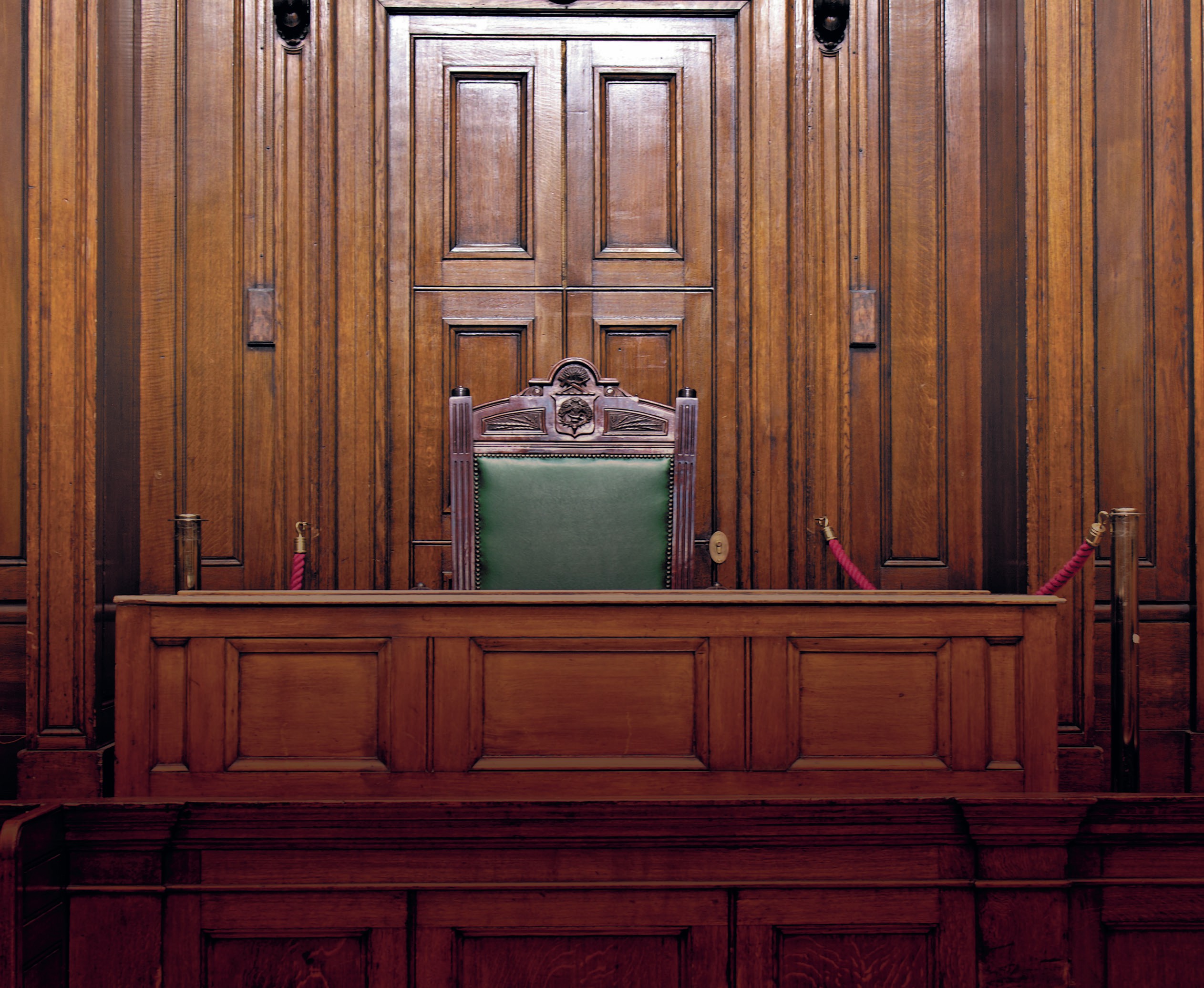
This column is relevant to AQA A-level Paper 1, OCR A-level Component 1 and WJEC/Eduqas Components 2 and 3.
The law on dishonesty had pretty much been a constant within criminal law since the term was introduced into the Theft Act 1968.There have been rapid developments in this area over the last few years, with the decision of the Supreme Court in Ivey v Genting Casinos (2017), not long followed by the Court of Appeal decision in Barton and Booth (2020). The subsequent judgment, a landmark legal decision, clarifies the tests and definition for establishing dishonesty within the criminal law.
Your organisation does not have access to this article.
Sign up today to give your students the edge they need to achieve their best grades with subject expertise
Subscribe




